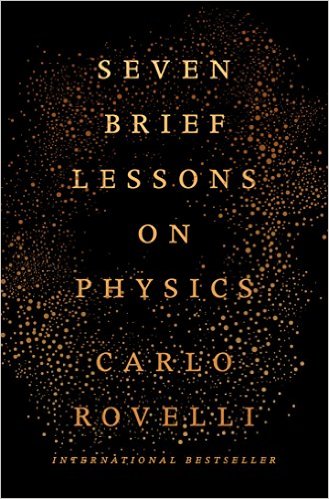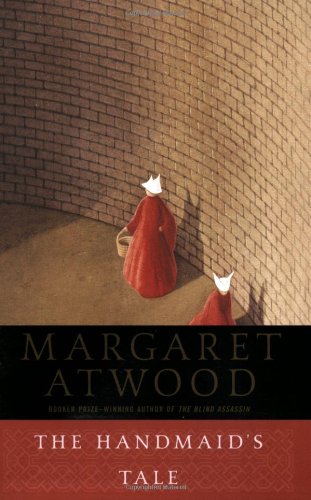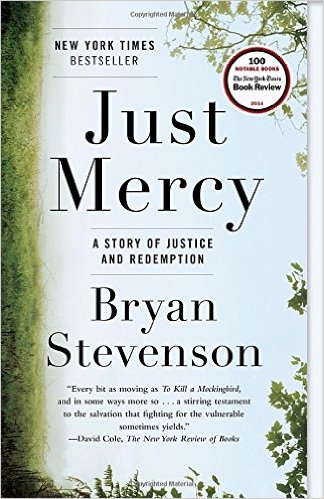
Book 9: Seven Brief Lessons on Physics

I was a teaching assistant for an introductory management information systems course from 2015-2016. We don’t discuss physics often in this course, as you can imagine. In my office hours, a student once asked something like, “how do electrons flow through devices to deliver information to the user?” My response was, “well, I’m no physicist, but we can google that together.” My hope for this book is that I will come away with more knowledge on physics than I currently have. I am excited for the “joy of discovery” of “the most minute reaches of the fabric of space, … the origins of the cosmos, and into the workings of our minds.”
Book 10: The Handmaid’s Tale

The Handmaid’s Tale is my second fiction of the year and comes highly recommended from several friends. In this dystopian novel, women no longer have rights: the right to education, bodily autonomy, and the choice of personal intimacy. In this terrifying world, women are less than second-class citizens; indeed, they may as well not be people at all.
Book 11: Capital in the Twenty-First Century

Capital is widely considered to be one of the most important economics books in decades. Piketty, arguably the world’s leading expert on income and wealth inequality, analyzes the historical trends of capital, income, and inequality. The work looks at the effects of inequality, focusing on economic growth/dynamism and the interplay with democracy. He makes predictions about structural inequality in the 21st century and how policies should address it. I have been reading Capital for awhile now and I’ve been painstakingly taking notes (it is highly academic). I have heard that, beyond typical redistributionist policies, Piketty recommends a “global tax on wealth.” I don’t know the details of this, and I am excited to find out. Capital in the Twenty-First Century won the Financial Times and McKinsey Business Book of the Year in 2014.
Book 12: Just Mercy: A Story of Justice and Redemption

Bryan Stephenson, a lawyer, founded the Equal Justice Initiative, a legal practice dedicated to defending the poor, the wrongly condemned, and those trapped in our criminal justice system. One of his cases involved a man who was sentenced to death for a murder he did not commit. This is the story of that case and Stephenson’s broader understanding of mercy and justice.
Book 13: What’s the Matter with Kansas?: How Conservatives Won the Heart of America

What’s the Matter with Kansas? delves into how conservatism, formerly a hallmark of class privilege, became the creed of ordinary Americans. The book paints a “vivid portrait of an upside-down world… where a group of frat boys, lawyers, and CEOs has managed to convince the country that it speaks on behalf of the People.” While the book is a little dated, it’s on a topic I am extremely interested in.